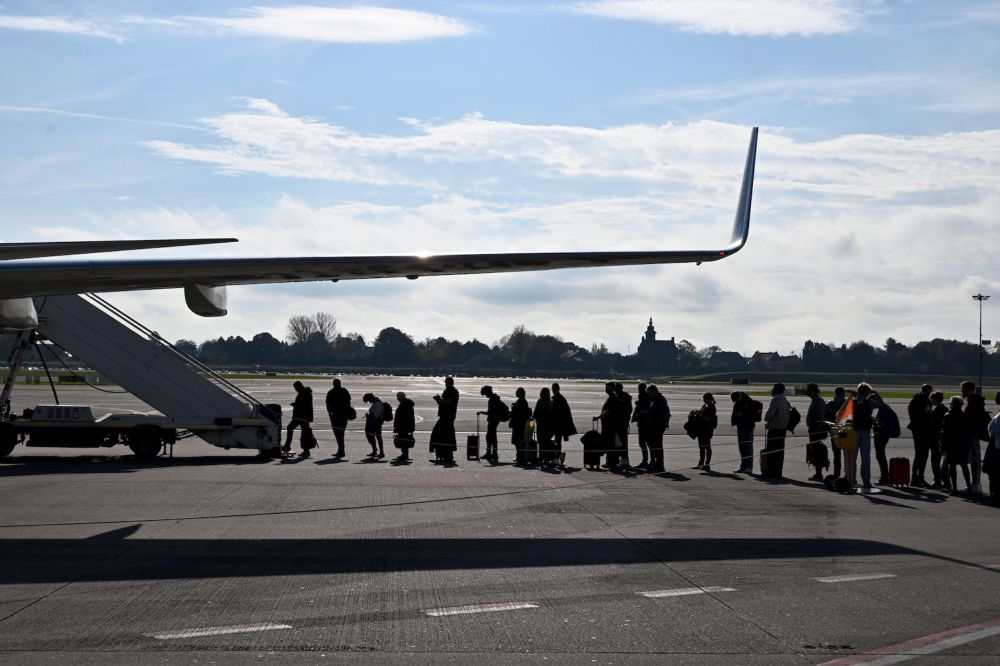I dislike analyses like these, which claim to estimate the "share" of climate change that is "caused" by the wealthiest 10%, 1%, or whatever.
They are rarely what they seem to be -- especially in popular media.
www.carbonbrief.org/two-thirds-o...
Two-thirds of global warming since 1990 caused by world’s ‘wealthiest 10%’ - Carbon Brief
Of the 0.61C increase in global average temperatures over 1990-2020, a new study estimates that 65% was due to the emissions of the wealthiest 10%.
First of all, let's remember the world's top 10% income bracket earns US$48k or more.
Not billionaires.
It's people like teachers, nurses, construction managers, shop owners, and veterinarians. And, as I explain below, most of these emissions aren't from frivolous choices under their control.
And while it is true that wealthier people tend to use more resources than other people and, therefore, emit more greenhouse gas pollution through their lifestyle choices, a very large share of these emissions are through their governments or investments -- not lifestyle choices.
For example, the emissions tagged to the top 10%, 1%, etc., also include the emissions associated with their bank accounts, pensions, retirement accounts, college savings, etc., which most people have no control over.
Those "financed emissions" are controlled by a bank, not everyday people.
Moreover, if these savings were suddenly liquidated and shared with all 8 billion people on Earth, the emissions would *stay exactly the same*. It doesn't matter who owns them.
It's just the share of the world's economic activity represented in their investments and savings.
And a third piece of these "top 10% emissions" is tied to emissions tied to government policies and investments, which most people have almost no direct control over.
So we're blaming people for living in a particular country now? Sorry, Canadians, Australians, etc...
So while the average headlines and stock images try to evoke the idea that the personal decisions and frivolous behavior the world's ultra-rich are dooming the planet, the reality is more nuanced than that.
This is not a story of private jets and summer homes. It's not a story of billionaires and their lifestyles.
It's a story of how the larger economy drives emissions and how that economy is distributed around the world.
I tend to agree with your critique except I give more agency to individuals for the choices they make than do you.
I think these analyses would be much better if they did them on a country-by-country basis and at even finer resolutions for some of the big ones.
May 8, 2025 02:31My sense has always been that the climate issue is more of a supply side problem. People make better choices when sufficient, cost effective low carbon options are offered. In that, an individual’s agency is often limited to the available supply of alternatives.
The fact is though is that the climate issue has always been a question of morality. Either you choose to do the moral or immoral thing regarding climate change or you don't. It's as simple as that.
Economics doesn't matter one iota when something is an existential threat.
I disagree. You can have the highest moral intentions but a lack of solutions to address the issue will limit an individual’s capacity to act.
